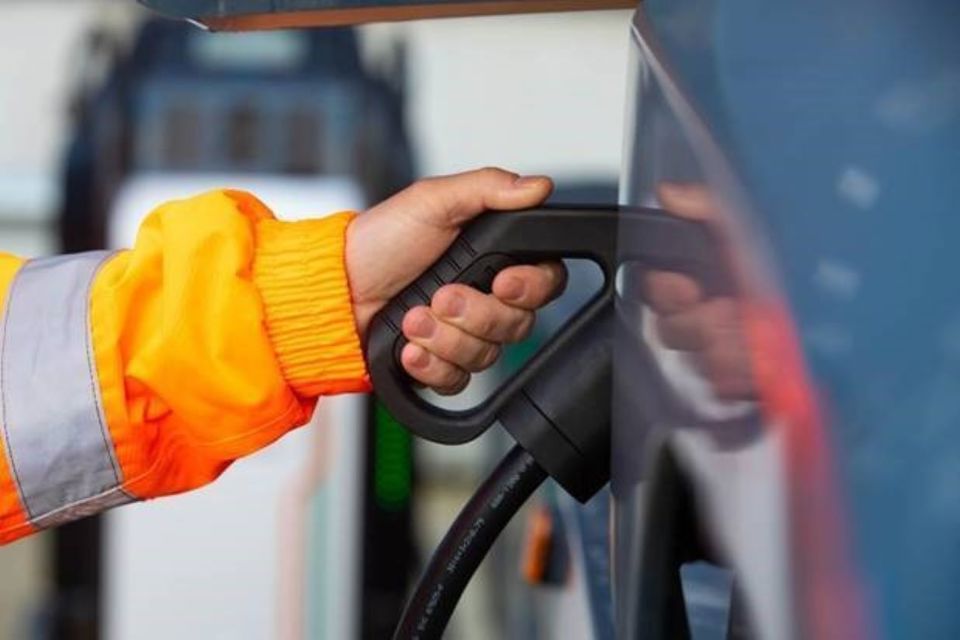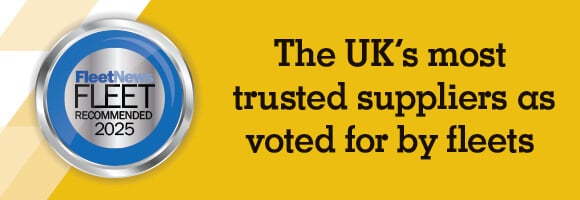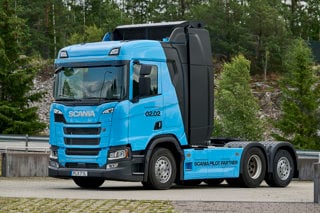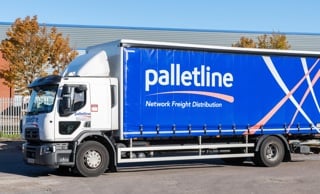Senior leaders from Scotland’s HGV industry have developed a set of actions to help the sector transition to net zero.
The HGV Decarbonisation Pathway is the result of 18 months of work by the Zero Emission Truck Taskforce, with representatives drawn from truck manufacturers, Government, unions, and finance, energy, haulage and logistics sectors.
The pathway sets out the four key challenges posed by a move to zero-emission trucks, and how to address these through energy infrastructure, financial models, confidence in technological and commercial change, and workforce skills.
Cabinet secretary for transport in Scotland, Fiona Hyslop, launched the pathway during a keynote address to the Net Zero Scotland Projects conference.
She said: “It’s a great pleasure to launch the HGV Decarbonisation Pathway for Scotland and to do so at this event reflects the extraordinary collaborative nature of this work.
“This partnership with road haulage, manufacturing, energy, government, union and commercial finance sectors is absolutely key to accelerating the transition towards zero emission trucks.
“Scotland’s economy – and society as a whole – rely on goods being moved with speed and efficiency, but these freight movements emit substantial greenhouse gases. We have worked collectively to understand and address the hurdles to transition.”
The Zero Emission Truck Taskforce was convened in May 2022, and has met regularly since, studying background papers, including developing business models which draw in private investment and enable operators to avoid high initial investment costs, building a shared understanding of the challenges and opportunities across each of the sectors involved.
Head of environment policy at the Road Haulage Association (RHA), Chris Ashley, said: “The HGV Decarbonisation Pathway for Scotland marks an important moment in the journey towards net zero.
“Decarbonising lorries whilst maintaining the high levels of service the public expect is complex with many structural barriers, such as financing the transition and providing the required energy infrastructure, to be addressed.
“The pathway allows Scottish authorities and industry to start navigating the difficult issues that lie ahead and a focus to ensure that businesses, including our vital small businesses, feel supported.”
Gerry Keaney, chief executive of the British Vehicle Rental and Leasing Association (BVRLA), says that finding greener alternatives to today’s vehicles is non-negotiable and the sector needs to “pick up the pace”.
“We have seen exceptional progress in the car market, but trucks present a different scale of challenge,” he said.
“Without getting everybody around the table to find solutions that work, the transition to greener trucks will stop before it’s fully started.”
He added: “It is encouraging to see Transport Scotland leading from the front on this. Success relies on creative and consistent collaboration.
"It is about operators transitioning what they can, when they can.”























Login to comment
Comments
No comments have been made yet.